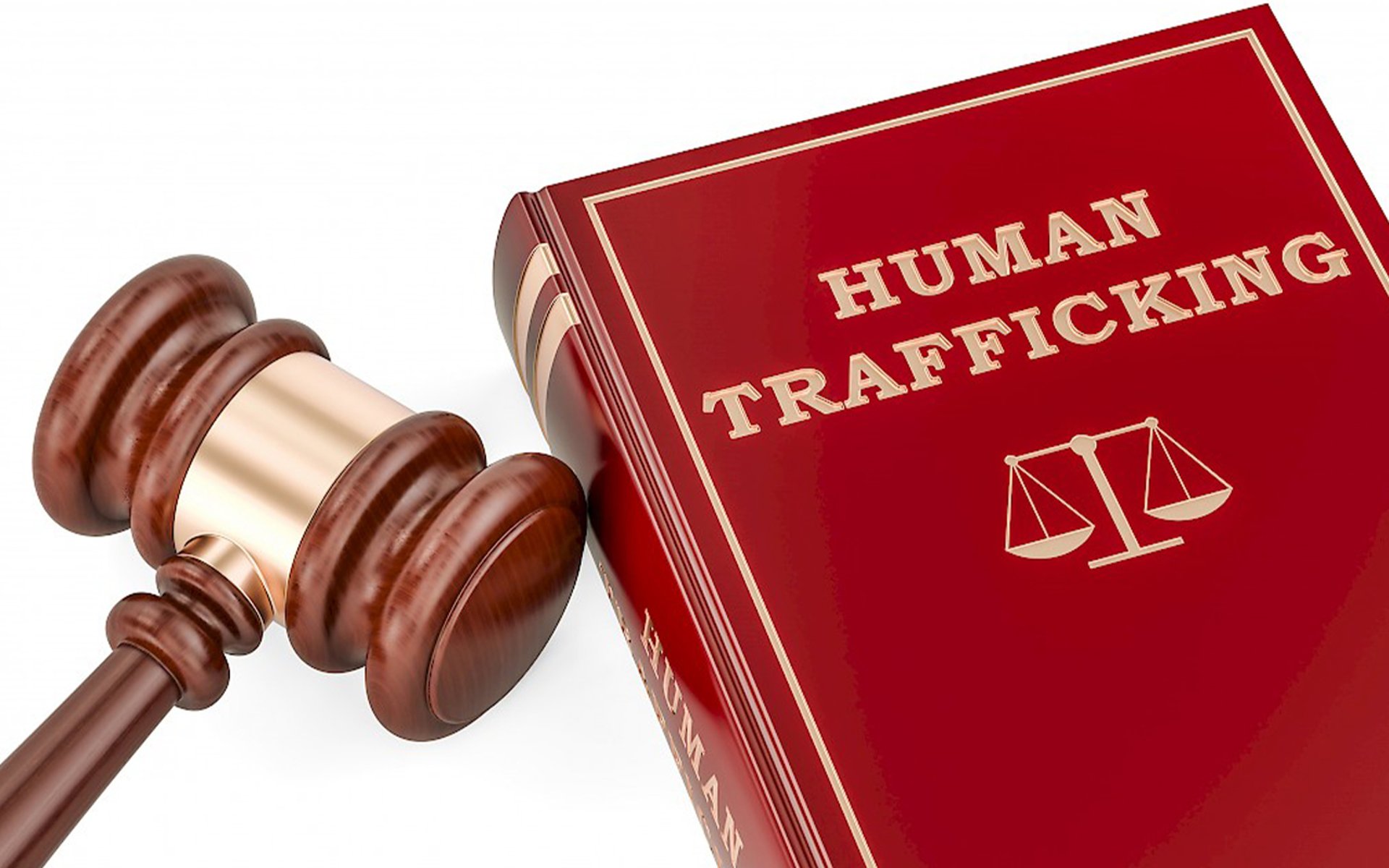
Human trafficking Laws
Human trafficking laws in Pakistan are designed to combat one of the most serious violations of human rights—the illegal trade of people for exploitation, including forced labor, sexual exploitation, organ trade, and modern-day slavery. Pakistan serves as a source, transit, and destination country for human trafficking, and addressing this issue requires strong legal enforcement and awareness.
The Prevention and Control of Human Trafficking Ordinance, 2002 is the principal legislation that criminalizes human smuggling and trafficking within and across Pakistan’s borders. It defines trafficking in persons as any act that involves recruitment, transportation, harboring, or receipt of persons by means of threat, coercion, fraud, deception, abuse of power, or payment for the purpose of exploitation.
In addition to the 2002 Ordinance, Pakistan has adopted the United Nations Protocol to Prevent, Suppress and Punish Trafficking in Persons, Especially Women and Children, supplementing the UN Convention against Transnational Organized Crime (UNTOC). To implement this, Pakistan enacted the Prevention of Trafficking in Persons Act, 2018, which provides a more detailed legal framework with enhanced penalties, victim support mechanisms, and specialized courts.
Key features of Pakistan’s anti-trafficking legal framework include:
Criminalization of all forms of trafficking (labor, sexual, organ trade, etc.)
Strict penalties ranging from 5 years to life imprisonment depending on severity
Victim-centered approach for rescue, rehabilitation, and compensation
Special focus on trafficking of children and women
Authorization of FIA (Federal Investigation Agency) to investigate and prosecute trafficking offenses
At Rajput Law Chambers, we provide expert legal assistance in cases involving human trafficking and smuggling allegations. Whether you are a victim seeking justice, an accused seeking legal defense, or an organization involved in rescue and rehabilitation, our team is equipped to navigate the complex legal terrain of trafficking laws in Pakistan.
Our services include:
Filing complaints and FIRs against traffickers
Legal representation for victims and accused
Bail applications and trial defense
Coordination with law enforcement, NGOs, and rehabilitation centers
Advisory for international organizations or embassies handling trafficking-related cases
With a strong command of national and international anti-trafficking laws, Rajput Law Chambers is committed to fighting against this grave crime and safeguarding the dignity, rights, and freedoms of individuals. We stand with victims and provide strategic legal defense for those wrongfully accused, ensuring that justice is served with integrity and compassion.
